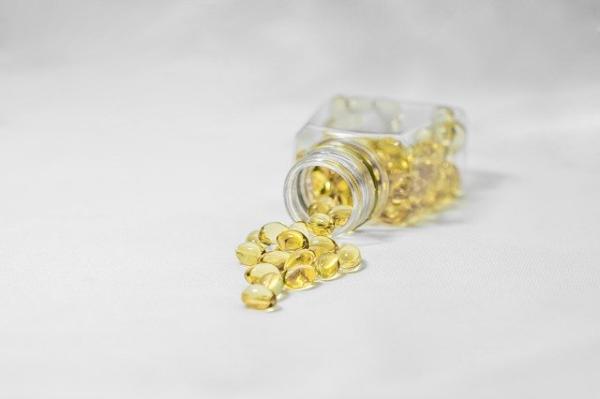Physicians, when prescribing medications for a new medical problem, will discuss the specifics of treatment and should, discuss lifestyle changes that might improve the patient’s outlook. The lifestyle advice may be exacting, as in the case of diet and diabetes, or it may be in a more off-hand manner, telling the chubby to “start exercising more.” A new study looks at changes in lifestyle associated with starting medications trying to determine whether people see the need to “change their evil ways,” or let the pill do the heavy lifting while they continue their past behavior.
The study looks at Finnish adults over age 40 using a survey of four lifestyle issues, exercise, smoking, drinking, and BMI both before and after initiating medications for blood pressure or cholesterol management. It covers a 13-year period from 2000 to 2013, involving roughly 42,000 patients. They were predominantly female (84%) with a mean age of 52. The participants were stratified as initiators, those starting medications, 11%; those already on medications, 33%, and those who did not need treatment, the non-initiators, who had neither hypertension nor elevated cholesterol, you can think of them as the control group. The mean interval between the before and after surveys was roughly 2.5 years.
- BMI increased for the initiators and non-initiators over the interval, but the weight gain was greater for those being treated with medication. For those who were not obese before initiation of treatment, the odds of obesity after treatment was 82% greater.
- Initiators also exercised less at follow up, by about 16% irrespective of their baseline activity
- Initiators showed greater declines in alcohol consumption than non-initiators
- Initiators showed greater reductions in smoking than non-initiators, although both groups smoked less than their baselines. Initiators were more likely to quit smoking by about 26%
- Of the four lifestyle issues, smoking, drinking, exercise, and BMI (as a measure of obesity), those with only 1 or 2 “unhealthy” habits initiating medications were 66% more likely than non-initiators to have more “unhealthy” lifestyle habits in the follow-up period.
- In a subgroup analysis, the initiation of anti-hypertension treatment more closely resembled the findings of the entire cohort, those individuals starting statins showed a more muted trend, but were more likely to decrease alcohol consumption and stop smoking.
- There were small differences in lifestyle changes when participants were stratified by gender.
Let me rephrase the study question. When told that they had the new onset of an illness, requiring medication, did patients see the medication as a substitute for changing their lifestyle, or was medication a complement, an additional treatment? The answer, of course, is mixed. When it comes to weight and exercise, pills are substitutes; for smoking, pills are complimentary, patients reduced or stopped smoking. Drinking was reduced among initiators, but not for those already drinking heavily [1]
While the study is not fully generalizable to American patients, and BMI used as a composite measure of diet and exercise, there are still nuggets of information. There are unanticipated interactions. Smoking cessation leads to weight gain for many individuals. Statins do cause muscle cramps, so perhaps those on statins exercised less from discomfort. And while the linkage of smoking is tightly bound with heart disease and maybe high blood pressure, that is not the case for drinking; perhaps people didn’t believe alcohol was their problem.
But diet and exercise are two of the pillars of a healthy life and treatment for both these conditions. Why did patients not make lifestyle changes in these categories? While we do not know how many patients received exacting lifestyle advice, it doesn’t seem to matter; the sinners continued their evil ways. Taking medications were considered an effective substitute for the more difficult treatment, changing your eating and exercise habits.
It is easier to swallow a pill than not swallow a French fry; more comfortable to remember to take your statin than to remember to climb the stairs rather than use the elevator. The study quantifies the real-world experiences of physicians; it is hard to change patient behavior, especially when there is a pill that can make things better if not best.
[1] Defined as 240 g/week in men 160 g/week in women. 240 g is roughly 17 12-ounce beers, or 5-ounce glasses of wine, or 1.5-ounce shots of distilled liquor
Source: Lifestyle changes in relation to initiation of antihypertensive and lipid-lowering medication: A cohort study Journal of the American Heart Association DOI: 10.1161/JAHA.119.014168




